Pro-Ukraine—and thus pro-war—forces have infiltrated even the highest levels of the Hungarian military. This was one of the topics Prime Minister Viktor Orban discussed during his regular Friday morning interview on Kossuth Radio. He was referring to Peter Magyar’s pro-Ukraine defense advisor, Romulusz Ruszin-Szendi, and intentionally so. There is growing suspicion that Ukraine’s intelligence service is using the Tisza Party to discredit Hungary and to pressure Vikor Orban's government to change its anti-war policy.
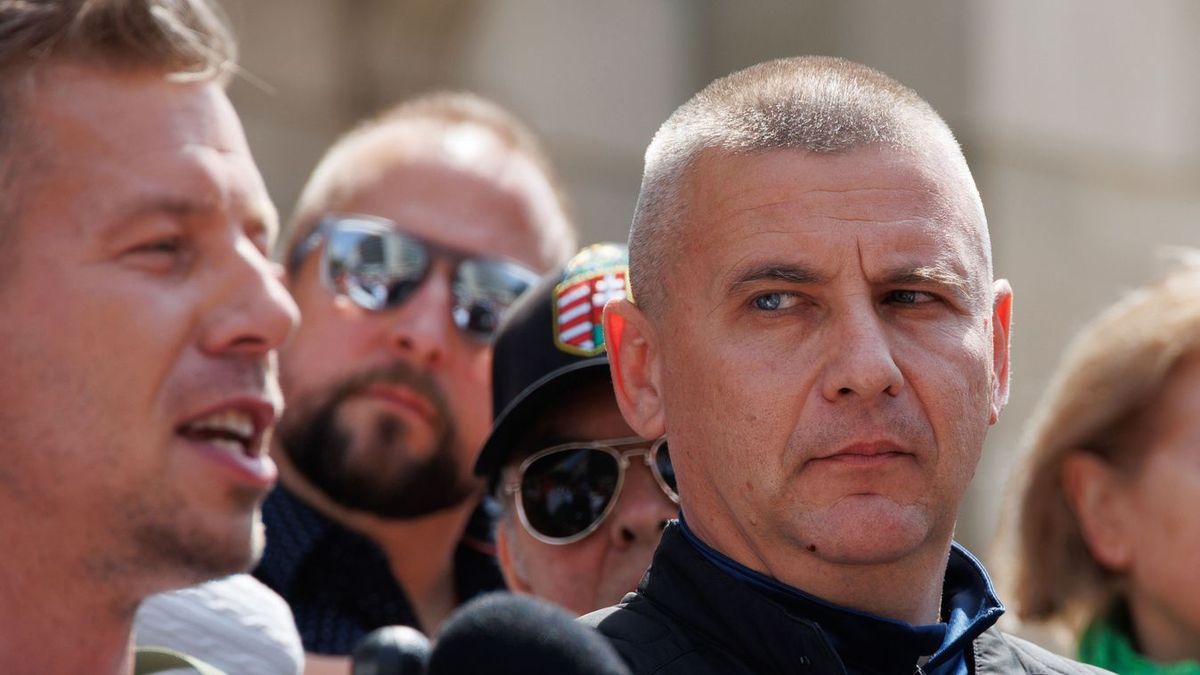
Ukrainian Discrediting Operation
Fidesz parliamentary group leader Mate Kocsis was the first to speak about the Ukrainian intelligence smear campaign after the February 4 meeting of the National Security Committee. The government politician said Hungarian intelligence services had informed them that the Ukrainian state had launched a campaign aimed at discrediting Viktor Orban, with the goal of weakening both his international standing and Hungary’s ability to stand up for its interests.
The next major development came when Peter Magyar, leader of the Tisza Party, released what he called a scandalous audio recording involving Defense Minister Kristof Szalay-Bobrovniczky. However, the recording did not contain any revelations. Magyar’s attack on the defense minister was no coincidence—Szalay-Bobrovniczky had recently launched an internal investigation into former Chief of Staff Ruszin-Szendi, who joined the Tisza Party after being removed from his post in 2023.
Serious Findings Regarding Ruszin-Szendi
The investigation has since concluded, and it found that Romulusz Ruszin-Szendi systematically deviated from the Hungarian government’s anti-war position during NATO talks and promoted a pro-Ukraine narrative. He falsified his reports following these meetings, thereby misleading both his superiors and the government. At the meetings, he made statements such as "Slava Ukraini!" ("Glory to Ukraine!"), which directly contradicted Hungary’s official policy of neutrality. A particularly telling aspect of the Tisza Party’s attack on the defense minister—and a possible sign of coordination with Ukrainian intelligence—is the timing. Magyar’s team published the recording just one day before Ukrainian intelligence released a video to the Ukrainian press on May 9, showing the arrest of two alleged Hungarian spies that had reportedly taken place a month earlier.
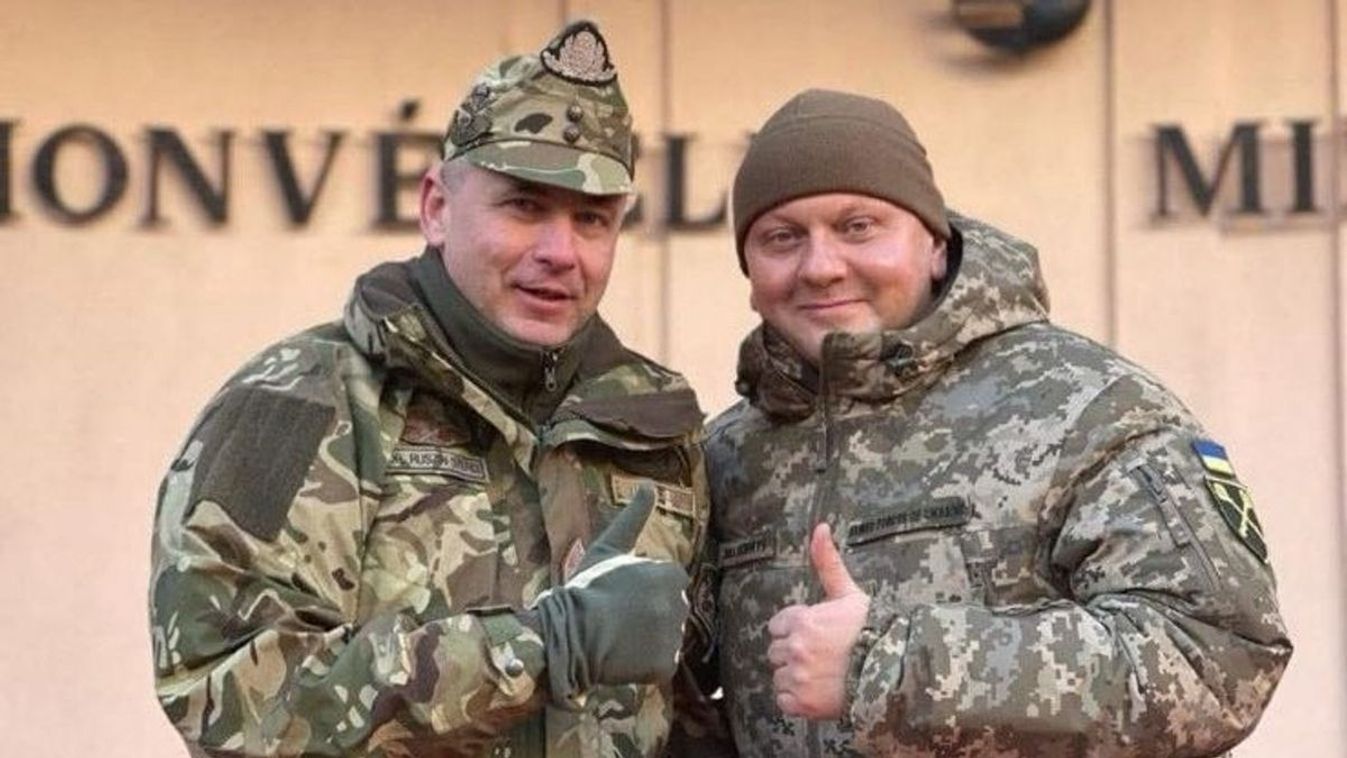


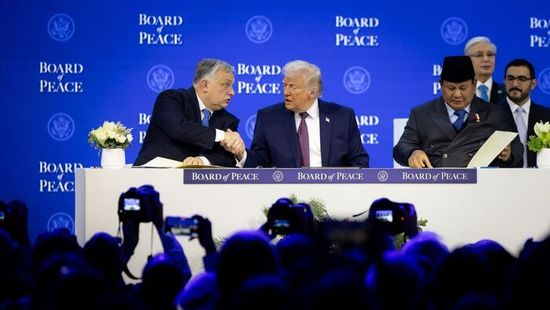









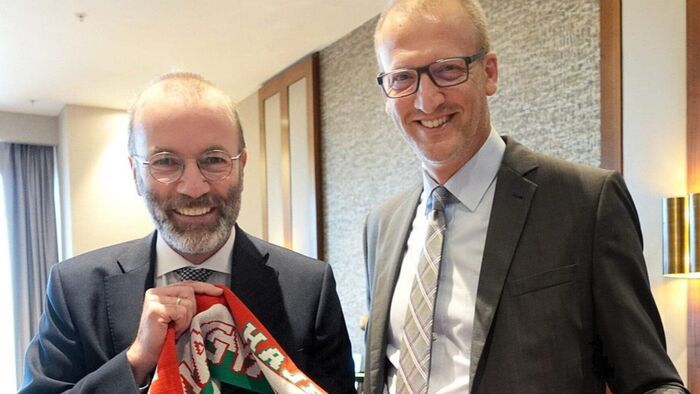

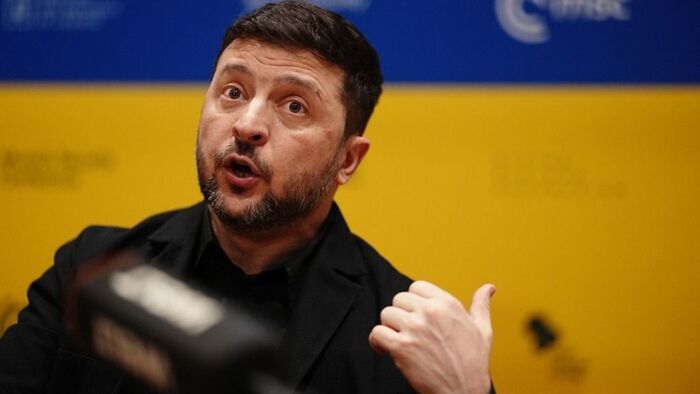
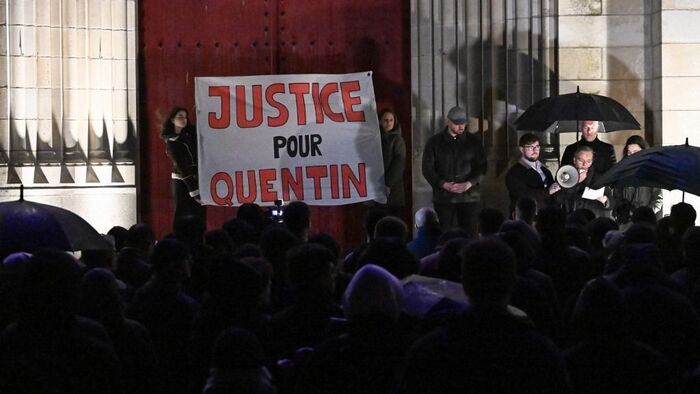


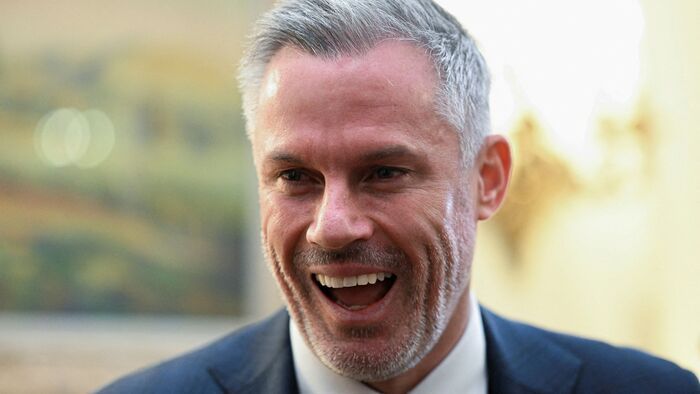


Szóljon hozzá!
Jelenleg csak a hozzászólások egy kis részét látja. Hozzászóláshoz és a további kommentek megtekintéséhez lépjen be, vagy regisztráljon!